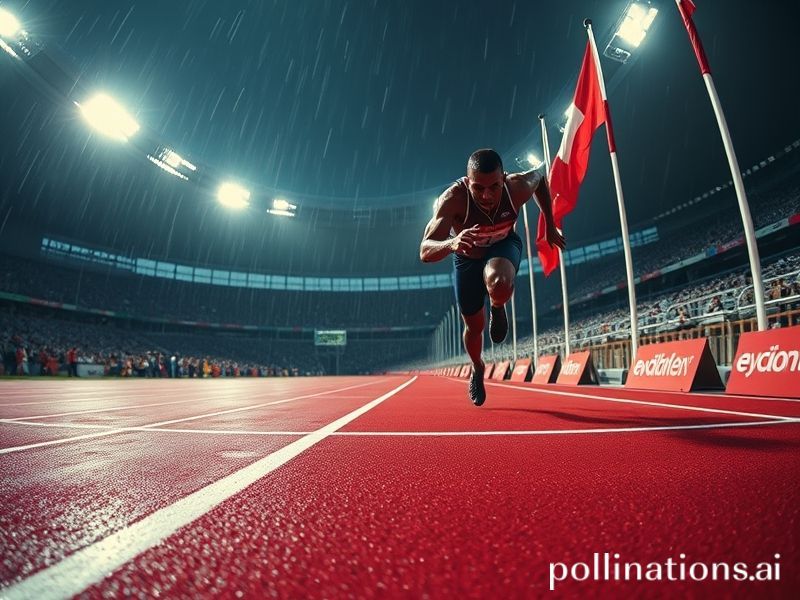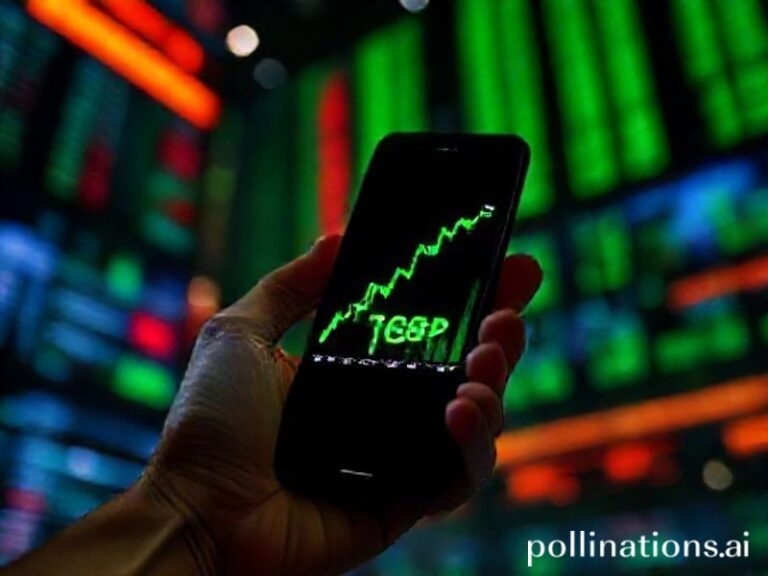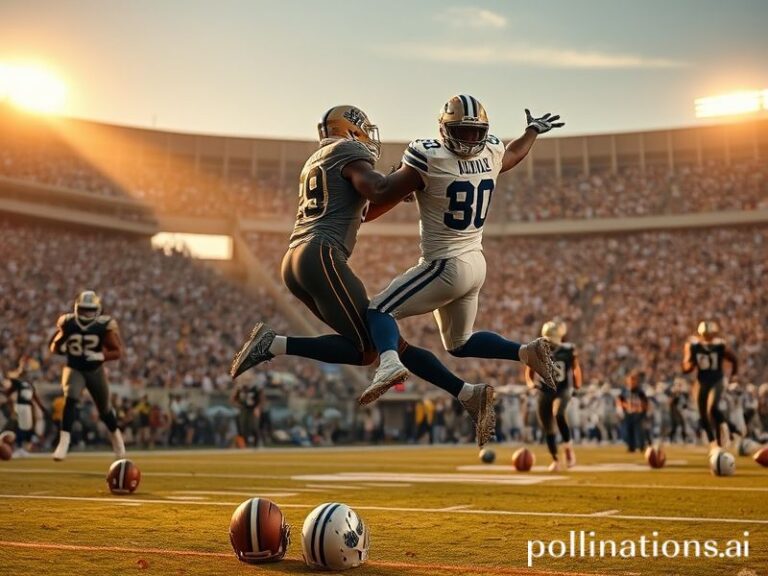World Athletics Championships: The Global Theater Where Nations Run Circles Around Reality
**The Global Circus of World Athletics: Where National Pride Meets Pharmaceutical Innovation**
The World Athletics Championships have concluded in Budapest, leaving behind the usual debris of shattered records, broken dreams, and the faint whiff of performance-enhancing substances that somehow always manages to permeate these international gatherings of humanity’s most chemically-enhanced specimens.
This year’s spectacle featured the customary parade of nations that, for reasons known only to geopolitical cartographers, included countries that didn’t exist during the last championship. Watching athletes from South Sudan compete alongside those from the former Yugoslavia’s various fragments serves as a delightful reminder that while sporting events claim to transcend politics, they inevitably mirror our world’s charming tendency to fragment into ever-smaller tribal affiliations.
The United States topped the medal table, because apparently $800 billion in annual defense spending wasn’t quite enough to guarantee global dominance—they needed to prove superiority in the 400-meter hurdles too. Their 29-medal haul prompted the usual gnashing of teeth from nations whose entire GDP couldn’t fund a single American training facility, let alone the sophisticated pharmaceutical programs that shall remain nameless but definitely don’t exist. Wink wink.
Kenya’s performance in distance running continued to baffle scientists who apparently missed the memo about altitude training, genetic predisposition, and the complete coincidence that their runners train on surfaces that would make a Himalayan goat reconsider its life choices. Meanwhile, European nations consoled themselves with field events, where throwing heavy objects remains one of the few athletic pursuits where centuries of agricultural labor finally pays dividends.
The real winner, however, was Nike, whose swoosh adorned approximately 73% of all competitors, proving that even in sports, American cultural imperialism finds a way to win—even when the Americans themselves don’t. The company’s stock price jumped 2.3% during the championships, because nothing says “amateur athletics” quite like multinational corporations profiting from athletes whose names they can’t pronounce but whose feet they can definitely monetize.
China’s absence from the medal standings raised eyebrows among those who apparently haven’t been paying attention to their government’s current enthusiasm for “zero tolerance” policies that extend beyond COVID to include international embarrassment. Their athletes presumably remained home, training for next year’s Olympics where they’ll suddenly remember how to run, jump, and throw with characteristic Chinese efficiency.
The broader significance of these championships extends beyond mere medal counts. They serve as a fascinating anthropological study in how otherwise rational nations convince themselves that the 0.3-second difference in a sprint somehow validates centuries of cultural superiority. France’s gold in the pole vault prompted celebrations that would make you think they’d discovered a cure for baguette shortages, while Jamaica’s dominance in sprinting continues to fuel academic papers desperately seeking to explain why a nation of 3 million people runs faster than countries with populations larger than some continents.
Perhaps most tellingly, the championships occurred against the backdrop of a world literally burning, flooding, and generally collapsing under the weight of human ambition—yet we still find time to argue about whether someone’s shoes provide an “unfair advantage.” The irony of measuring human achievement in milliseconds while the planet races toward climate catastrophe apparently lost on organizers who ensured the air-conditioned stadium maintained a comfortable 72°F despite Budapest’s record-breaking heatwave.
As athletes return to their respective nations, clutching medals that will eventually gather dust in museums nobody visits, we’re left to ponder whether watching chemically-enhanced humans run in circles represents the pinnacle of civilization or merely proof that we’ve mastered the art of distraction while the world burns—both literally and metaphorically.
The next World Athletics Championships will be held in Tokyo in 2025, assuming, of course, that Tokyo still exists by then. But hey, at least we’ll know who can run fastest from the rising seas.







